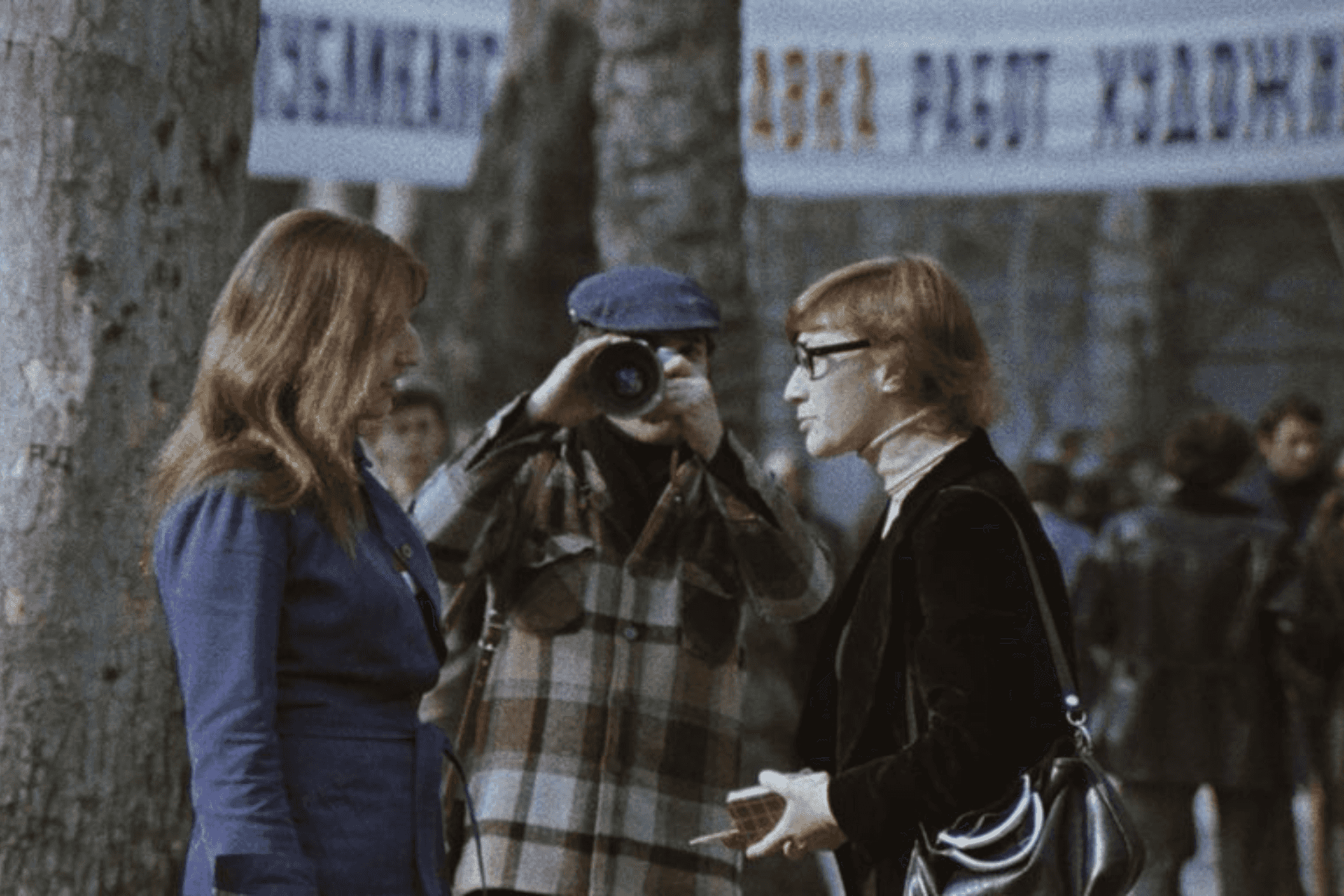Review | The Nose — a new Georgian play reimagines Gogol to explore societal status and identity
A sharp, surreal satire, The Nose explores identity and status through outrageously funny dialogue, lights, and sounds.

4.5/5★
A sharp, surreal satire, The Nose explores identity and status through outrageously funny dialogue, lights, and sounds.
Georgian director Levan Tsuladze’s The Nose is a freewheeling theatrical adaptation of Ukrainian-born Russian writer Nikolai Gogol’s 1836 satirical short story, a darkly comic exploration on identity, power, and status. At its core lies two questions as absurd as they are unnerving: What remains of a person when they no longer possess their own nose? What happens when titles, roles, and the machinery of status outweigh the individual?
The play opens to the unnamed protagonist (Nika Kuchava), a mid-level government official, awakening to find his nose has detached and taken on a life of its own — occupying his office, wearing his clothes, and earning more respect than he ever did. Panic consumes him. Yet his response is telling: he does not question the system, he only wonders, ‘I was doing everything right — so why has this happened to me?’ He has obeyed hierarchy without pause, smiled at superiors, mistreated subordinates, and treated his lovers dutifully but without curiosity. His blind compliance underscores the tragic absurdity of a life lived entirely under rigid capitalist values. With a powerful delivery, Kuchava captures the hollowness of a man loyal to a system that discards him.

The protagonist shows no interest in self-reflection or change; he is solely focused on reclaiming his lost power (i.e. the nose).
Throughout the play, the protagonist encounters a group of mischievous imps responsible for cutting off his nose. These imps initially appear as figures living in a dumpster, but as the story progresses, they transform into various other characters — a doctor, a journalist, a dog — each interacting with the protagonist in new ways, while the protagonist himself becomes homeless, living near the dumpster in front of his former office.
Seeking justice, he turns to the media, only to find them uninterested in the truth, loyal instead to influence, clicks, and hierarchy. A dog, refusing domestication, delivers a grim insight: ‘The slave does not dream of freedom; the slave dreams of its own slaves’.
When the nose returns, the protagonist is offered reinstatement — but only as a footrest of its own nose. Hesitant yet compelled, he succumbs.

The Nose offers no solutions. Instead, it reminds us that power structures endure, absurdity persists, and even when the absurd returns to ‘normal,’ human folly remains unchanged.
The play amplifies Gogol’s original surrealism through outrageously funny dialogues, inventive lighting, music and sound effects. Nika Khrikuli, who plays the character of the nose, stands out with impressive choreography, as do the performances from an all-star Georgian cast including Duta Skhirtladze, Manana Kozakova, and Baia Dvalishvili. Overall, even though the stage design is minimalist, the play is a well thought, high quality production.
Interpreting Gogol is notoriously difficult, but Tsuladze succeeds, translating absurdity, dark comedy, and moral ambiguity into a contemporary critique of social obedience and the human appetite for power.
The Nose premiered in March 2025 at Theatre Factory 42, and was recently staged as part of the 2025 Tbilisi International Festival of Theatre. It is part of the theatre’s official repertoire, complete with English subtitles.










